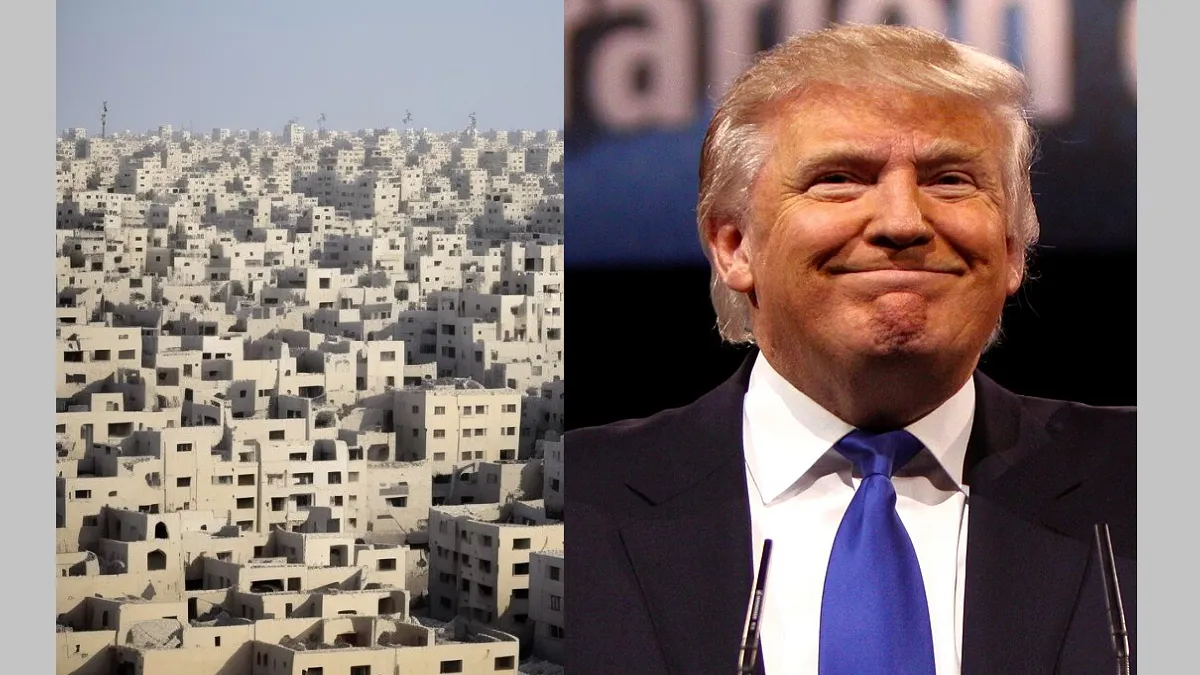In a very bizarre event, President Trump exposed his plan to take control of the Gaza Strip, causing chaos around the world.
The proposal could move around two million Palestinians from their homes, which has sparked outrage among critics who argue that this plan is unfair and immoral.
Some even compare it to Putin’s invasion of Ukraine.
The rest of the world reacted strongly to Trump’s proposal. Arab nations have firmly rejected the idea, with leaders from Egypt and Jordan stating they will not accept displaced Palestinians, fearing it could destabilize their own countries.
This strong pushback highlights the widespread concern over the implications of such a move.
If the U.S. were to take control of Gaza, the consequences could be severe. It might escalate tensions in an already volatile region and complicate the Israeli-Palestinian conflict even further.
This plan raises questions about whether such a takeover aligns with international law and what authority the U.S. would have in managing Gaza.
Interestingly, this proposal marks a significant shift from Trump’s previous foreign policy stance, which focused on reducing U.S. military involvement abroad.
Now he seems to be suggesting a direct role in managing Gaza, which many see as a departure from traditional diplomatic practices.
There are also serious ethical concerns surrounding Trump’s Gaza plan. Forcing people out of their homes is seen as a violation of human rights and international law by many critics.
They argue that such actions could deepen existing grievances among Palestinians and lead to further violence.
Marco Rubio, who is currently Secretary of State, has expressed support for Trump’s approach, reflecting his long-standing commitment to strong U.S.-Israel relations.
However, his backing of such a controversial plan raises questions about its implications for U.S. foreign policy and regional stability moving forward.

Leave a Reply